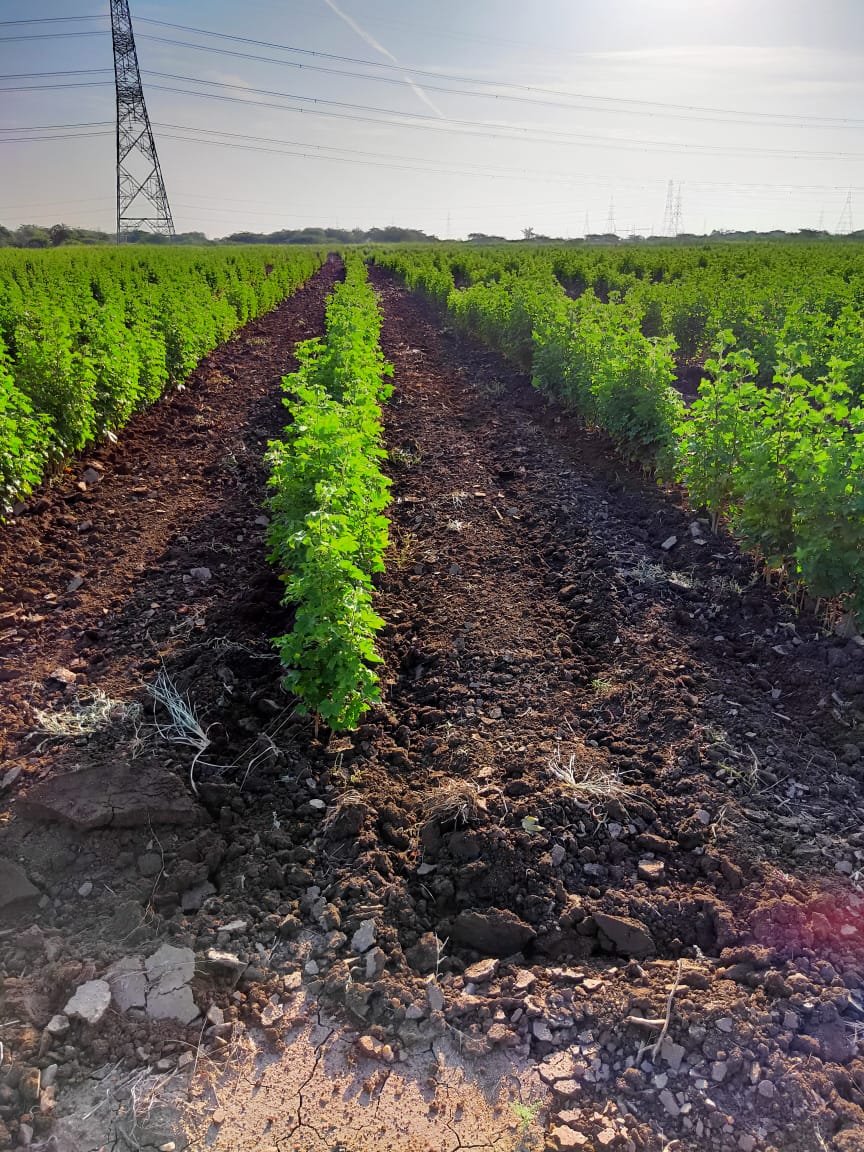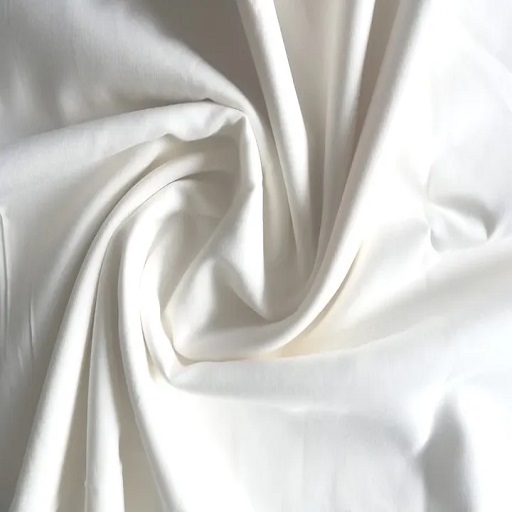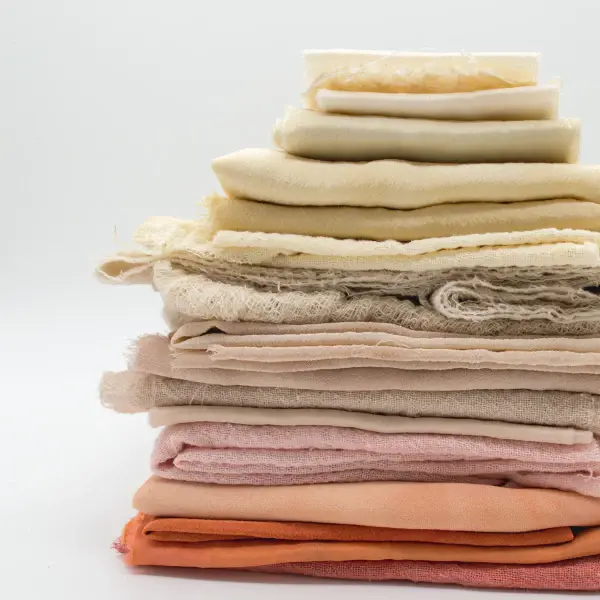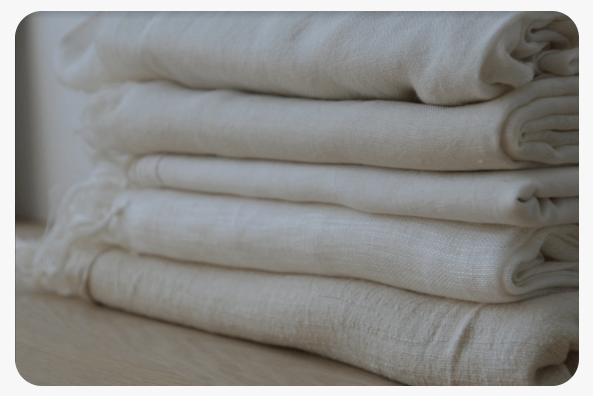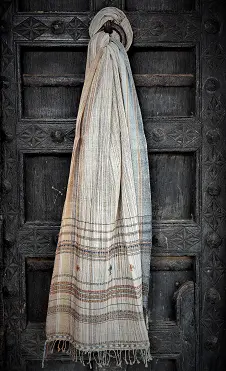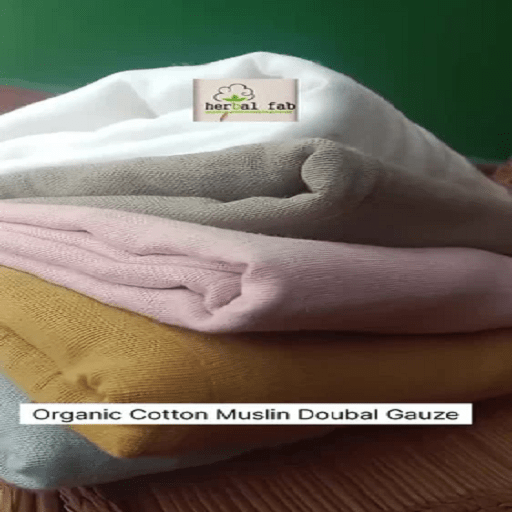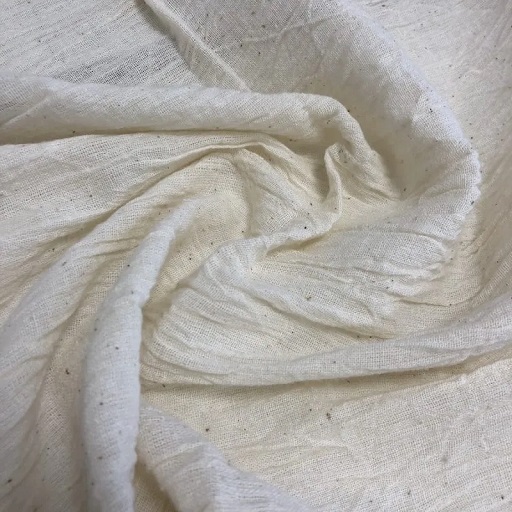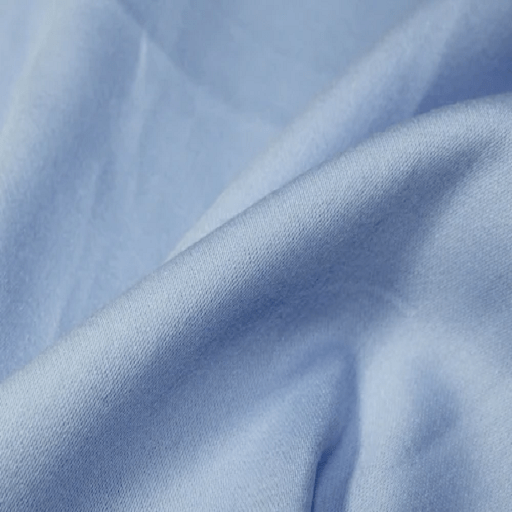Exploring Organic Fabric Suppliers in India
The textile industry is undergoing a transformation towards sustainability, driven by increasing awareness of environmental and social issues. Organic fabrics have emerged as a preferred choice for eco-conscious consumers and businesses, offering a sustainable alternative to conventional textiles. In India, renowned for its rich textile heritage and diverse natural resources, a growing number of suppliers, wholesalers, and dealers specialize in offering organic fabrics to meet the demands of the conscious market. Let's delve into the world of organic fabric suppliers in India, their product offerings, sourcing practices, and the benefits of choosing organic textiles.
Importance of Organic Fabrics
Environmental Sustainability:
Organic fabrics are made from natural fibers cultivated using organic farming practices that exclude synthetic pesticides, fertilizers, and genetically modified organisms (GMOs). By opting for organic fabrics, businesses reduce their ecological footprint and promote sustainable land use practices.
Social Responsibility:
Organic fabric suppliers in India often prioritize ethical sourcing practices, ensuring fair wages, safe working conditions, and equitable treatment for farmers, workers, and artisans. Choosing organic textiles supports the livelihoods of rural communities and promotes social equity within the textile industry.
Connecting with Organic Fabric Suppliers
1. Organic Cotton Cooperatives:
India is one of the largest producers of organic cotton globally, with numerous cooperatives and farmer groups dedicated to organic cotton cultivation. These cooperatives collaborate with farmers to produce high-quality organic cotton fibers, which are then processed into a variety of organic fabrics.
2. Sustainable Textile Organizations:
Explore sustainable textile organizations and associations in India that promote the use of organic fabrics. These organizations work closely with artisans, weavers, and manufacturers to develop sustainable sourcing practices and offer a diverse range of organic textile materials.
3. Online Platforms and Marketplaces:
Online platforms and marketplaces specializing in sustainable and eco-friendly products provide a convenient avenue to connect with organic fabric suppliers in India. These platforms showcase a wide selection of organic fabrics, catering to the needs of businesses, designers, and consumers.
Benefits of Choosing Organic Fabrics
-
Sustainability: Organic fabrics are produced using environmentally friendly farming practices that minimize the use of synthetic chemicals and promote soil health and biodiversity. By choosing organic fabrics, businesses contribute to the preservation of natural ecosystems and resources.
-
Health and Safety: Organic fabrics are free from harmful chemicals and allergens commonly found in conventional textiles. Their natural composition makes them safe for use in apparel, bedding, and other products, reducing the risk of skin irritation and adverse health effects.
-
Quality and Durability: Organic fabrics are known for their superior quality, softness, and durability. These textiles undergo less chemical processing, resulting in fabrics that are breathable, comfortable, and long-lasting. Organic cotton, linen, hemp, and silk are popular choices for organic fabrics, each offering unique properties and benefits.
Popular Types of Organic Fabrics
-
Organic Cotton: Organic cotton is one of the most widely used organic fabrics, valued for its softness, breathability, and versatility. Organic cotton fabrics are available in various weaves and weights, making them suitable for a wide range of applications, from apparel and home textiles to accessories and upholstery.
-
Organic Linen: Organic linen is made from flax fibers cultivated using organic farming methods. Linen fabrics are known for their natural texture, moisture-wicking properties, and durability. Organic linen is used in clothing, bedding, table linens, and upholstery, adding a touch of elegance and sophistication to any setting.
-
Organic Hemp: Organic hemp fabrics are derived from the fibers of the hemp plant, known for their strength, durability, and sustainability. Hemp fabrics are naturally resistant to mold, mildew, and UV radiation, making them ideal for outdoor and active wear. Organic hemp is also used in bags, accessories, and home textiles.
Certifications for Organic Fabrics
-
Global Organic Textile Standard (GOTS): GOTS certification ensures that fabrics meet strict environmental and social criteria throughout the production process. Organic fabric suppliers in India often seek GOTS certification to provide assurance of their products' organic integrity and authenticity.
-
OEKO-TEX Standard 100: While not specifically for organic fabrics, OEKO-TEX Standard 100 certifies that textiles are free from harmful substances. Many organic fabric suppliers also obtain OEKO-TEX certification to demonstrate the safety and quality of their products.
Embracing Organic Fabrics for Sustainable Fashion
Organic fabrics offer a sustainable and eco-friendly solution for businesses and consumers seeking ethical and environmentally conscious textiles. By connecting with trusted organic fabric suppliers in India, businesses can access a diverse range of high-quality materials that promote environmental stewardship, social responsibility, and innovation in the textile industry. Embrace the benefits of organic fabrics and contribute to a more sustainable and resilient future for fashion and textiles.


